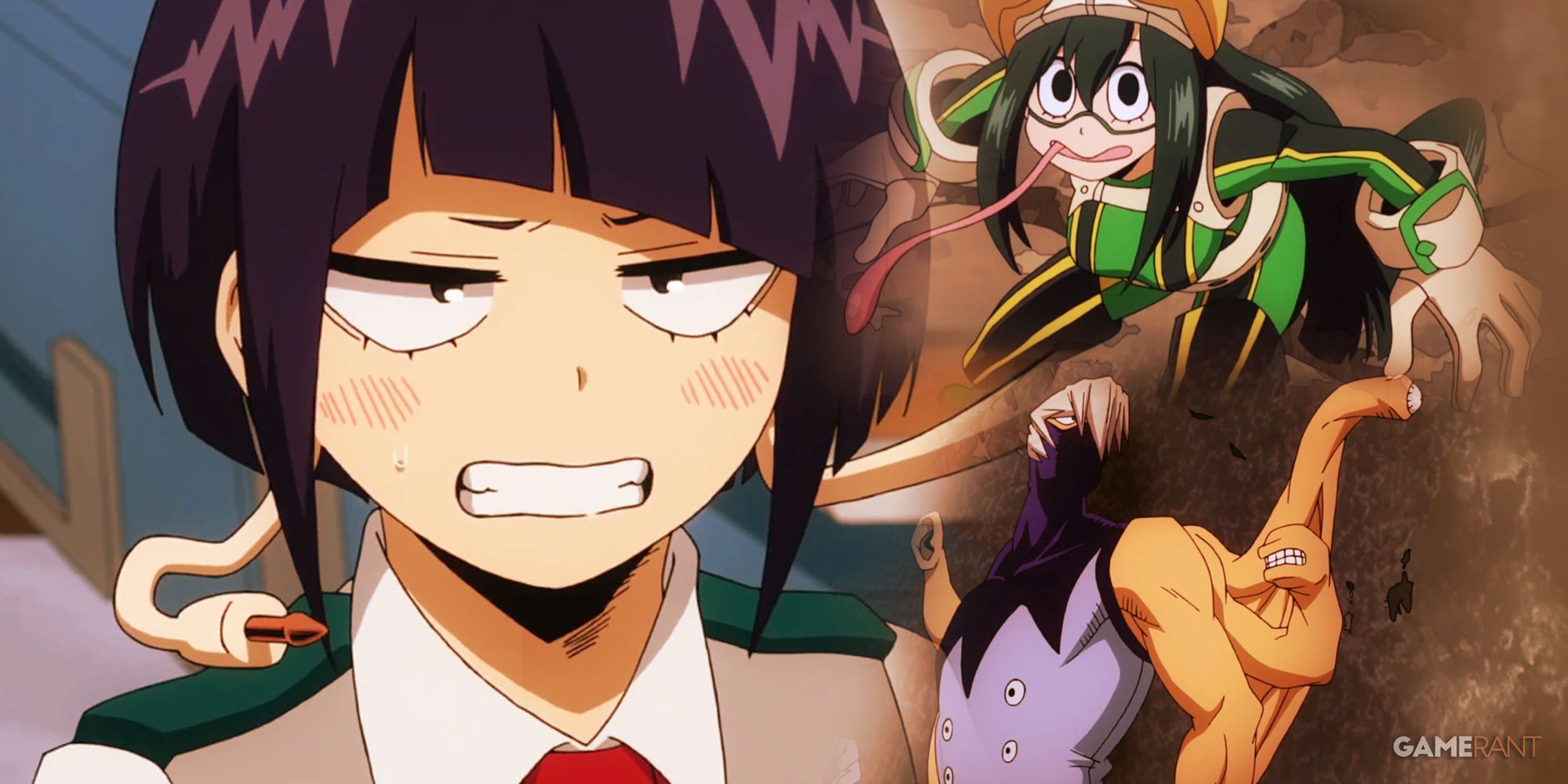In a landscape saturated with caped crusaders and extraordinary abilities, few narratives have captured global imagination quite like My Hero Academia (Boku no Hero Academia). For nearly a decade, this action-packed anime has not only entertained millions but also spurred countless discussions about what it truly means to be a hero in a world where superpowers, or “Quirks,” are the norm. With a consistent high rating across platforms like IMDb and Kinopoisk, it`s clear this series has struck a chord, but why has its appeal been so remarkably resilient?
The Quirk Phenomenon: Redefining “Normal”
At its core, My Hero Academia presents a world where approximately 80% of the population possesses a unique superpower. This isn`t a secret society or a rare phenomenon; it`s simply life. This fundamental premise is arguably its first stroke of genius. It moves beyond the classic “origin story” of a lone individual gaining powers, instead exploring the societal infrastructure built around these abilities. We see professional heroes, government regulations, and even hero high schools. This grounded, yet fantastic, approach allows the story to delve into the practicalities and ethical dilemmas of a world teeming with super-powered individuals, making the extraordinary feel surprisingly ordinary—and thus, more relatable. The sheer variety of Quirks, from the formidable to the utterly mundane (one character`s Quirk is literally `Pop-Off`, allowing him to produce sticky, spherical objects from his head), adds a layer of delightful, albeit sometimes absurd, realism to this fantastical setting.
Beyond Raw Power: The Spirit of Heroism
While flashy battles are a hallmark, the series truly shines in its exploration of character. Our protagonist, Izuku Midoriya, begins as one of the rare few born “Quirkless.” His journey, from an underdog dreamer to a formidable inheritor of the legendary One For All, is a testament to perseverance and the idea that heroism isn`t just about the power you wield, but the courage in your heart. We witness his relentless self-improvement, his deep empathy, and his unwavering desire to save others—qualities that often overshadow the destructive capabilities of his peers. The struggles of characters like the fiery Katsuki Bakugo, grappling with his own brand of arrogant heroism, or Shoto Todoroki, overcoming a traumatic past, add layers of complexity, ensuring that no hero (or even villain) is a simple caricature. It`s a nuanced look at the psychological toll and moral responsibilities that come with immense power.
“True heroism isn`t just about saving the day; it`s about the resolve to never give up, even when the odds are stacked against you, and the willingness to help others, even when it costs you everything.”
The Shifting Scales: Morality in a Superpowered Society
The series is not afraid to explore the darker facets of its world. As the narrative progresses, it increasingly questions the very systems designed to maintain peace. The villains, often born from societal neglect or the inherent biases of a hero-centric world, aren`t always one-dimensional monsters. Their motivations, though extreme, often highlight systemic flaws within the established hero society. This provides a fascinating counterpoint to the heroes` struggles, illustrating that even in a world striving for justice, absolute good and evil can be disturbingly subjective. The narrative deftly navigates these moral ambiguities, prompting viewers to consider the broader implications of power, justice, and societal responsibility, often with a sobering realism that belies its vibrant, superhero façade.
A Visual Spectacle with Emotional Resonance
From an aesthetic perspective, My Hero Academia is a powerhouse. The animation, particularly during its epic fight sequences, is consistently fluid and dynamic, often lauded for its choreography and impact. Yet, it’s not just about flashy visuals. The series masterfully balances its high-octane action with moments of profound emotional depth. Character arcs are meticulously woven, allowing viewers to invest deeply in the triumphs and heartbreaks of Class 1-A and their mentors. This blend of visual spectacle and poignant storytelling is what keeps audiences coming back, eagerly anticipating each new season and development, proving that spectacle alone isn`t enough; it must be coupled with heart.
The Legacy of Plus Ultra
My Hero Academia has cemented its place as a modern anime classic. Its ability to take familiar superhero tropes, infuse them with a distinct Japanese narrative flair, and then explore them with depth and humanity, is remarkable. It’s a series that celebrates ambition, friendship, and the relentless pursuit of one`s ideals, even when those ideals are challenged by a complex and often harsh reality. Its enduring popularity isn`t just a testament to good animation or exciting fights; it`s a reflection of its profound understanding of what makes a hero, and perhaps more importantly, what makes us human. It serves as a vibrant reminder that even in a world overflowing with extraordinary abilities, the most powerful force remains the unyielding spirit.

